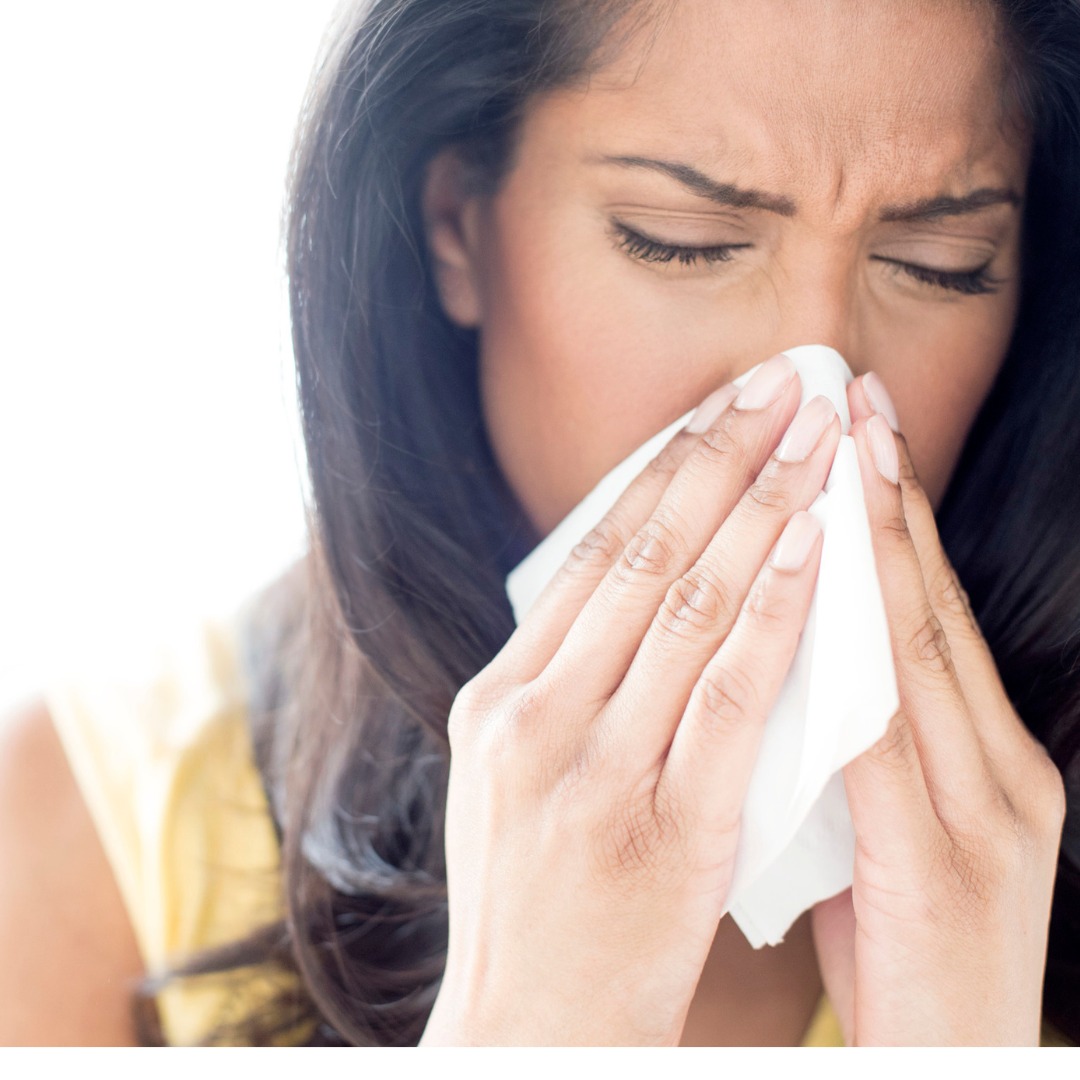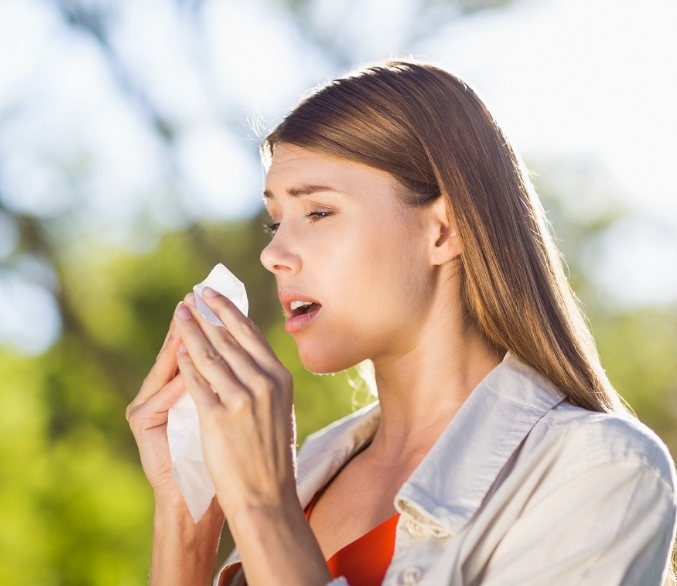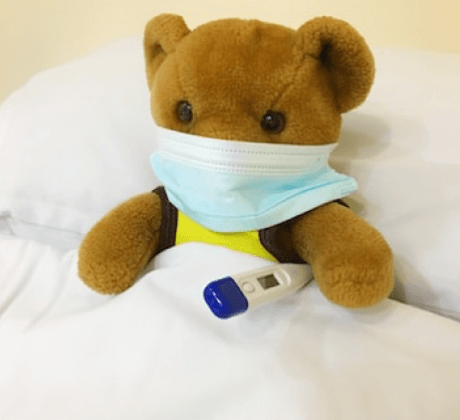If you also have asthma, you may experience:
- Tightness in the chest
- Shortness of breath
Wheezing and coughing
Unlike a common cold that typically subsides within 1 to 2 weeks, hay fever can persist for weeks or even months.
While there is no cure for hay fever and it cannot be prevented, you can take steps to alleviate your symptoms when the pollen count is high. Here’s what you can do:
Find out about Hay Fever
Hay fever tends to be more severe from late March to September, particularly during warm, humid, and windy weather conditions. This period corresponds to the peak of pollen count.
To determine if you have hay fever, watch out for the following symptoms:
- Sneezing and coughing
- Runny or blocked nose
- Itchy, red, or watery eyes
- Itchy throat, mouth, nose, and ears
- Loss of smell
- Pain around the temples and forehead
- Headache
- Earache
- Fatigue
Do:
- Apply Vaseline around your nostrils to trap pollen.
- Wear wraparound sunglasses to shield your eyes from pollen.
- Shower and change your clothes after being outside to remove pollen.
- Stay indoors as much as possible.
- Keep windows and doors closed whenever feasible.
- Regularly vacuum and use a damp cloth to dust.
- Purchase a pollen filter for your car’s air vents and a vacuum cleaner with a HEPA filter.
- If you have a high temperature or feel unwell, try to stay at home and minimize contact with others.
Don’t:
- Avoid cutting grass or walking on grass.
- Limit your time spent outdoors.
- Refrain from keeping fresh flowers in the house.
- Avoid smoking or being around smoke as it exacerbates your symptoms.
- Avoid drying clothes outside as they can collect pollen.
- If possible, do not allow pets into the house as they can bring pollen indoors.
source: https://www.nhs.uk/conditions/hay-fever/











